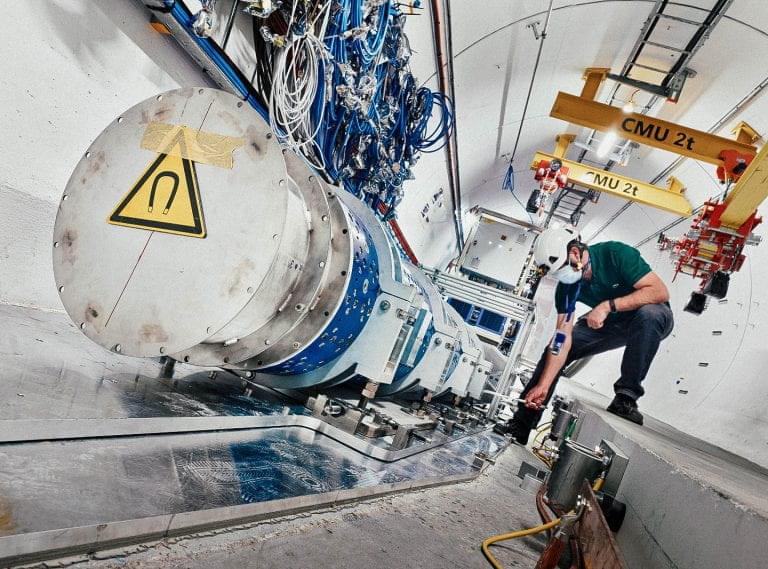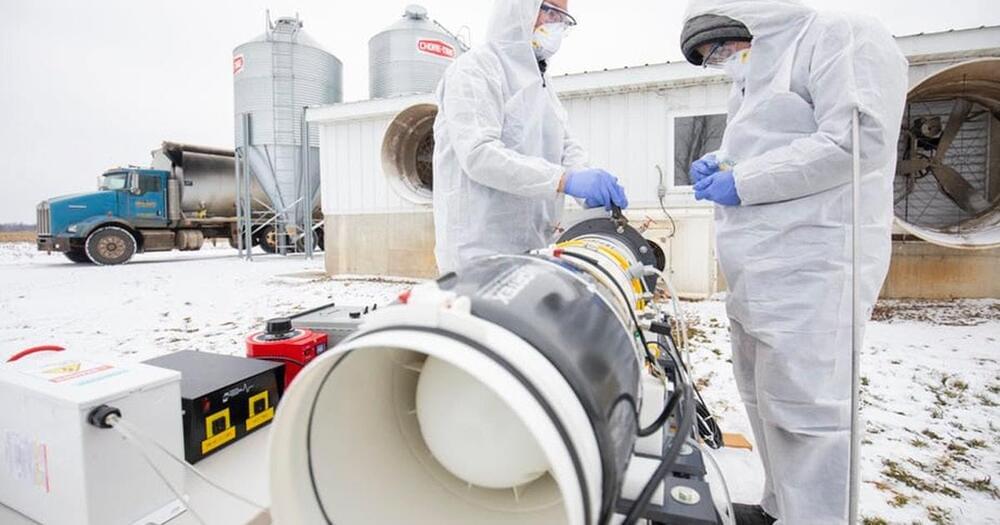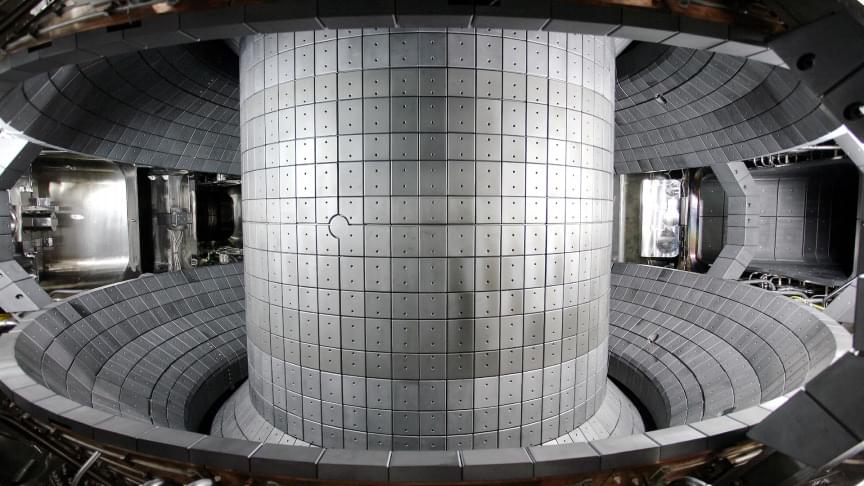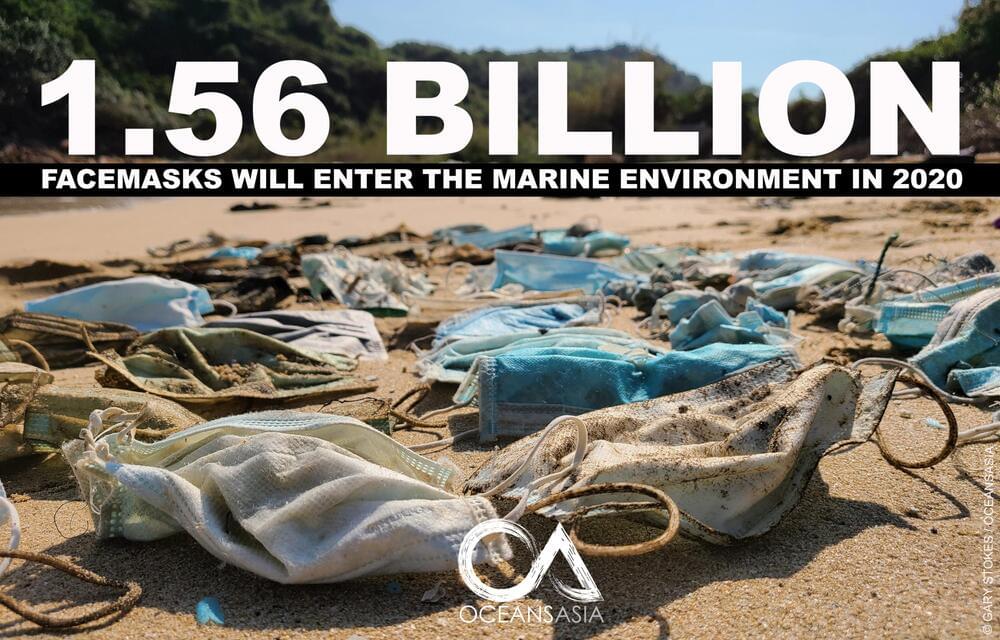Nov 25, 2021
“Ghost particles” detected in the Large Hadron Collider for first time
Posted by Quinn Sena in categories: particle physics, space
Physicists have detected “ghost particles” in the Large Hadron Collider for the first time. An experiment called FASER picked up telltale signals of neutrinos being produced in particle collisions, which can help scientists better understand key physics.
Neutrinos are elementary particles that are electrically neutral, extremely light and rarely interact with particles of matter. That makes them tricky to detect, even though they’re very common – in fact, there are billions of neutrinos streaming through your body right now. Because of this, they’re often described as ghost particles.
Neutrinos are produced in stars, supernovae, quasars. radioactive decay and from cosmic rays interacting with atoms in the Earth’s atmosphere. It’s long been thought that particle accelerators like the LHC should be making them too, but without the right instruments they would just zip away undetected.

















